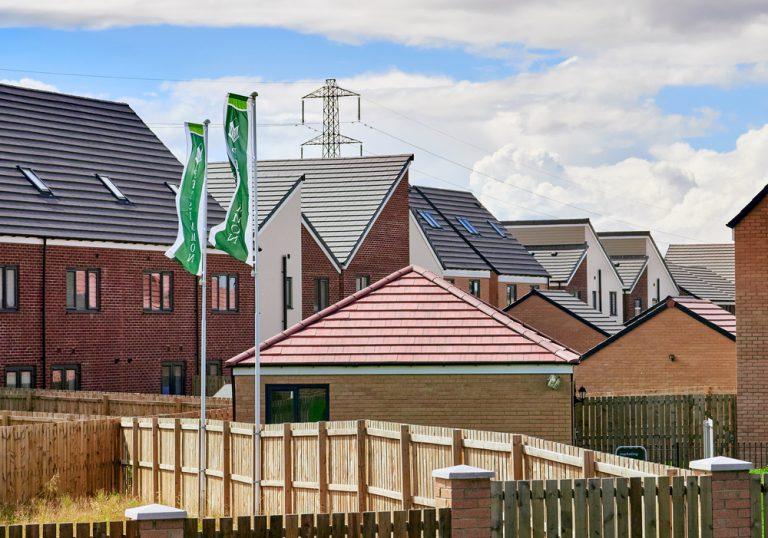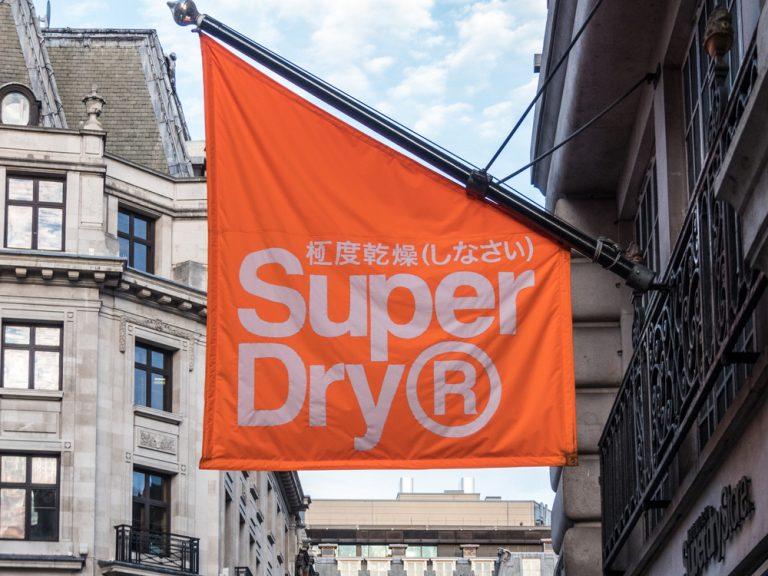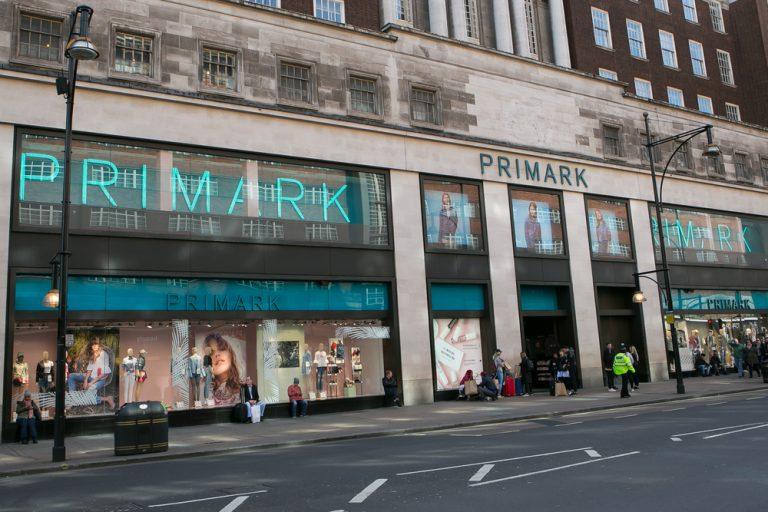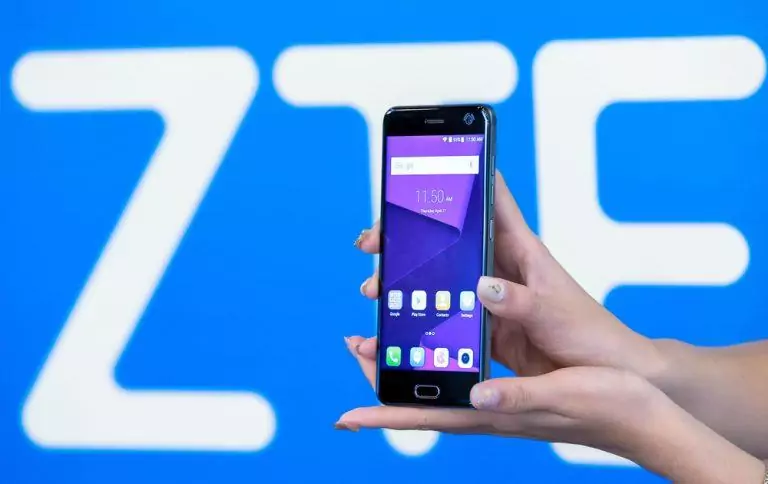Innovative Finance ISA launched for care home investments
A new Innovative Finance ISA (IFISA) focused on specialist care home investments has launched in the UK, offering annual returns of up to 7 percent.
Brought to the market by The Barbican Group, the ethical ISA will support over 83 specialist healthcare properties in the UK that look after the most vulnerable.
The Barbican Group, which operates in healthcare, logistics and renewables and has current assets valued at over £105 million, will offer the Barbican ISA as a three-year bond, offering investors a fixed rate of interest of seven per cent tax-free per annum with no opening or management fees.
Funds in the ISA will go towards refurbishing existing care homes as well as enhancing the management and structure of the individual care home facilities.
“We are excited to offer UK investors the opportunity to enjoy a healthy rate of return on their savings whilst investing in an IFISA that will make a real difference to some of the most vulnerable people in the country.
“There is an alarming care home crisis in the UK, which is putting a strain on our NHS. At The Barbican Group, we have always been passionate about helping and supporting those people in society that need it the most,” The Barbican Group said.
The Barbican ISA is run by Northern Provident Investments and is both asset and property backed.
“Investing in The Barbican ISA will allow us to continue to improve the structure and quality of care within our care homes and give us the capacity to expand our portfolio of properties, refurbish existing homes and reach even more individuals.
“Our Innovative Finance ISA gives investors a refreshing alternative to many of the cash ISAs on the marketplace which have historically low interest rates.”
All of the care home properties are owned by the Group and are monitored and accredited by the UK Government CQC (Care Quality Commission) in order to provide outstanding care to local authorities and service users.
Persimmon report steady growth as confidence remains “resilient”
Housebuilder Persimmon (LON:PSN) reported another half of steady growth on Thursday, on the back of “resilient” consumer confidence.
Revenues rose 5 percent to £1.84 billion over the first half of 2018, up from £1.75 billion in the same half last year.
Housing completions rose 3.6 percent to 8,072, with the average selling price increased by 1.2 percent to around £215,800 from £213,262 the previous year. This comes in comparison to Bovis Homes, who also released sales figures today, who saw the average selling price of their property fall over the period to £261,000.
“Consumer confidence remains resilient in our markets and attractive mortgage products provide compelling support to purchasers of new homes,” Persimmon said.
“Persimmon is still selling more houses at higher prices, but business is not booming like it was last year. Indeed the share price has fallen by more than 10 percent in the last month,” noted Laith Khalaf at Hargreaves Lansdown.
The group’s results come just after the disclosure that its chief executive, Jeff Fairburn, is paid 3,000 times more than its lowest paid worker.
Shares in Persimmon are currently trading down 0.64 percent, at 2,466.00 (0954GMT).
Superdry shares up 10pc on special dividend announcement
Superdry (LON:SDRY) shares shot up over 10 percent on Thursday morning, on the announcement of a special dividend after a year of double digit growth.
Both sales and profits soared in the fiscal year to April 28th, with revenue up 16 percent to £872 million after a strong performance from its wholesale division.
Retail revenue was up 9.2 per cent, boosted by a 25.8 per cent rise in online sales. Store revenue also did well despite challenging high street conditions, rising by 3.4 per cent. Underlying basic earnings per share rose 10.8 per cent to 93.6p.
Euan Sutherland, CEO of Superdry, said Superdry had had “another strong year”.
“We have made good progress in delivering our strategy and significantly strengthened our platform and capabilities, while delivering another year of double digit growth in sales and profitability,” he said.
“Our focus remains on executing our growth strategy and realising the potential we have identified across products, geographies and channels.
“Whilst the consumer environment continues to be challenging, the Board remain confident that Superdry is a uniquely advantaged, highly cash-generative business that will continue to deliver sustainable growth for our investors. This confidence is demonstrated through our second special dividend in two years.”
Shares in Superdry (LON:SDRY) are currently trading up 9.92 percent at 1,285.00 (0925GMT).
Sophos shares tank as revenues slow
Sophos (LON:SOPH) became the biggest faller on the FTSE 250 in early trading on Thursday, after it made an unexpected warning on slowing revenues.
The cyber security group’s billings growth was lower than expected in the first quarter, coming in at 6 percent for the quarter ended June.
According to Sophos, the lower billings were driven by its Enduser security business, which faced a “particularly challenging comparable”. Despite this, underlying Enduser billings growth in the first quarter of the previous financial year was “in excess” of 50 percent at constant currency.
The company said these factors would continue to impact on results during the second quarter as well:
“As the prior-year comparators normalise, we expect a return to mid-teens constant currency billings growth in the second half of the year,” the group said.
Its full year outlook remains unchanged. Shares in Sophos are currently trading down 22.01 percent at 480.00 (0906GMT).
AB Foods: Strong Primark performance offset by revenue falls at AB Sugar
AB Foods (LON:ABF) kept full-year outlook unchanged on Thursday, as a strong performance from Primark partially outweighed weakness in its sugar business.
For the 40 weeks ended 23 June, group revenue from continuing businesses grew 3 percent compared with the same period last year at constant currency and 2 percent ahead at actual exchange rates. Excluding AB Sugar’s weakness, sales growth from continuing businesses was 6 percent ahead of last year at constant currency and 5 percent ahead at actual exchange rates.
After yet another strong performance from Primark the retailer raised its outlook on the group, saying it had been tightly managing its stock and adding that revenue from promotions, discounts and sales would be better than expected too.
“As a result, the profit from Primark will now be higher than expected,” AB Foods said.
However, AB Sugar’s revenue was down 17 percent after being negatively affected by lower EU prices.
“Compared to our previous expectation, we now expect a reduced profit from AB Sugar as a consequence of lower EU sugar prices and an increased profit from Primark driven by higher margins,” the company said in a statement.
“As a result, our full year outlook for the group is unchanged with progress expected in adjusted operating profit and adjusted earnings per share.”
Shares in AB Foods (LON:ABF) are currently down 4.49 percent on the news, at 2,595.00 (0853GMT).
Bovis Homes shares edge up on profitable half year
Bovis Homes (LON:BVS) shares edged up at market open on Thursday, after the group said it was on track to deliver a ‘significant’ step up in profitability for the half year.
In the six months to June 30th the group completed on 1,580 houses, coming in at 4 percent ahead of the prior year. The total average selling price fell to £261,000 for the period, down from from £277,400.
‘We are very pleased with the Group’s first half performance and are in a strong position to deliver upon our expectations for the full year,’ the group said in a statement.
“We expect to deliver a significant step up in profitability for the half year as we start to see the financial benefits from the strategic direction, changes implemented, and specific margin initiatives launched over the past 18 months. In addition, we have delivered another disciplined and orderly period end with our customer satisfaction score continuing to trend at well above 80 percent”.
Bovis Homes’ sales rate rose 8 percent to 0.52 from 0.48 net private reservations per site per week.
Affordable home completions rose to 550 from 372 a year ago, as part of the company’s response to the government’s scheme to make it easier to get on the property ladder.
Shares in Bovis Homes (LON:BVS) are currently trading up 1.25 percent to 1,136.00 (0834GMT).
National Express shares rally following €1bn Morocco contract
National Express (LON:NEX) have recovered from Monday’s dip, with the announcement of a new bus contact prompting their share price to rise.
The contract is a 15 year, 500 bus deal, expected to transport 109 million passengers a year across 61 routes. The deal is set to commence within a year, with an estimate of €1 billion of revenue to be brought in during its lifetime, and an option to extend the contact by seven years upon completion of the original deal.
“It is particularly pleasing that our track record for service excellence in Morocco played a significant part in this successful bid,” said chief executive Dean Finch.
“We hope to build on this success and secure further expansion in the coming years.”
National Express’ share price has increased 1.51 percent – or 6p – since markets opened. Analysts from Liberum Capital reiterated their ‘hold’ stance on National Express stock this morning, while UBS downgraded the stock from ‘buy’ to ‘hold’, as they anticipate the short-term cost of expansion in the US, Europe and the Middle East.
US extend helping hand to ZTE
US President Donald Trump has given a temporary reprieve to Chinese giant ZTE, after he gave the group a seven-year ban on trading in the US in April.
Trump initially banned the telecoms giant from operating in the US after ZTE illegally sold services to North Korea and Iran. ZTE said a total ban on operations with America would put them out of business, leading to the US government making a concession in June and agreeing to continue to let them operate if they paid a $1 billion fine, change their management and embed a compliance team.
On Wednesday Trump went further to alleviate concerns, saying ZTE would now be allowed to support its existing handsets in the US and continue operation of existing networks, amongst other activities.
However, the US government reiterated that the initial ban remained “in full effect”.
ZTE is a multinational telecoms operator, whose biggest source of revenues come from mainland China. 25 percent of its sales are to Europe and the Americas, it said in its annual report.
Nektan shares spike following strong quarterly report
Nektan plc (LON:NKTN) saw its share price increase sharply as they celebrate a record-breaking quarter and increased full-year profits, in the wake of launching new sites.
The AIM-listed gambling product firm reported that its net gaming revenue was up 48 percent from 2017, at £19.4 million. By the end of the year, the number of first-time-depositors increased by 20.4 percent to 156,703, and cash wagering was up 43.4 percent, to £559.8 million.
“We see the business continuing to strengthen further and growth opportunities within both existing markets and, most encouragingly, in the rapidly accelerating demand for our technology from international partners, especially in Asia.” said interim chief executive, Gary Shaw.
“In addition, with our licensed US mobile gaming platform, we are very well placed to take advantage of the huge opportunity presented by the opening up of the sector in the United States.”
As well as seeking to expand its successful US subsidiary, Rapid Gaming, Nektan will take on rivals such as Playtech (LON:PTEC) in the Asian market, which is becoming increasingly saturated.
The company can attribute much of its success to the 13 new sites and the 4 new partners it gained in the fourth quarter. Its share price has increased 26 percent, or 5.2p, since markets opened this morning.
Anglo American is FTSE 100’s biggest riser on Vedanta speculation
Anglo American (LON:AAL) was the biggest riser on the FTSE 100 on Wednesday morning, after reports that Vedanta is planning to acquire Anglo American’s South African business.
Founder Anil Agarwal is reported to be considering merging Vedanta Resources with the South African unit via a share swap, according to two people involved in the plan.
The merger would create a company valued at around $7 billion and give Vedanta Resource’s family trust company, Volcan Investments, control of the merged company. Agarwal already owns a 19.35 percent stake in parent Anglo American through Volcan.
Anglo American South African businesses include Anglo American Platinum Ltd, Coal SA, De Beers Consolidated Mines and Kumba Iron Ore Ltd, worth around $12 billion altogether.
Shares in Anglo American are soaring on the speculation, and are currently up 3.72 percent at 1,700.80 (1056GMT).










